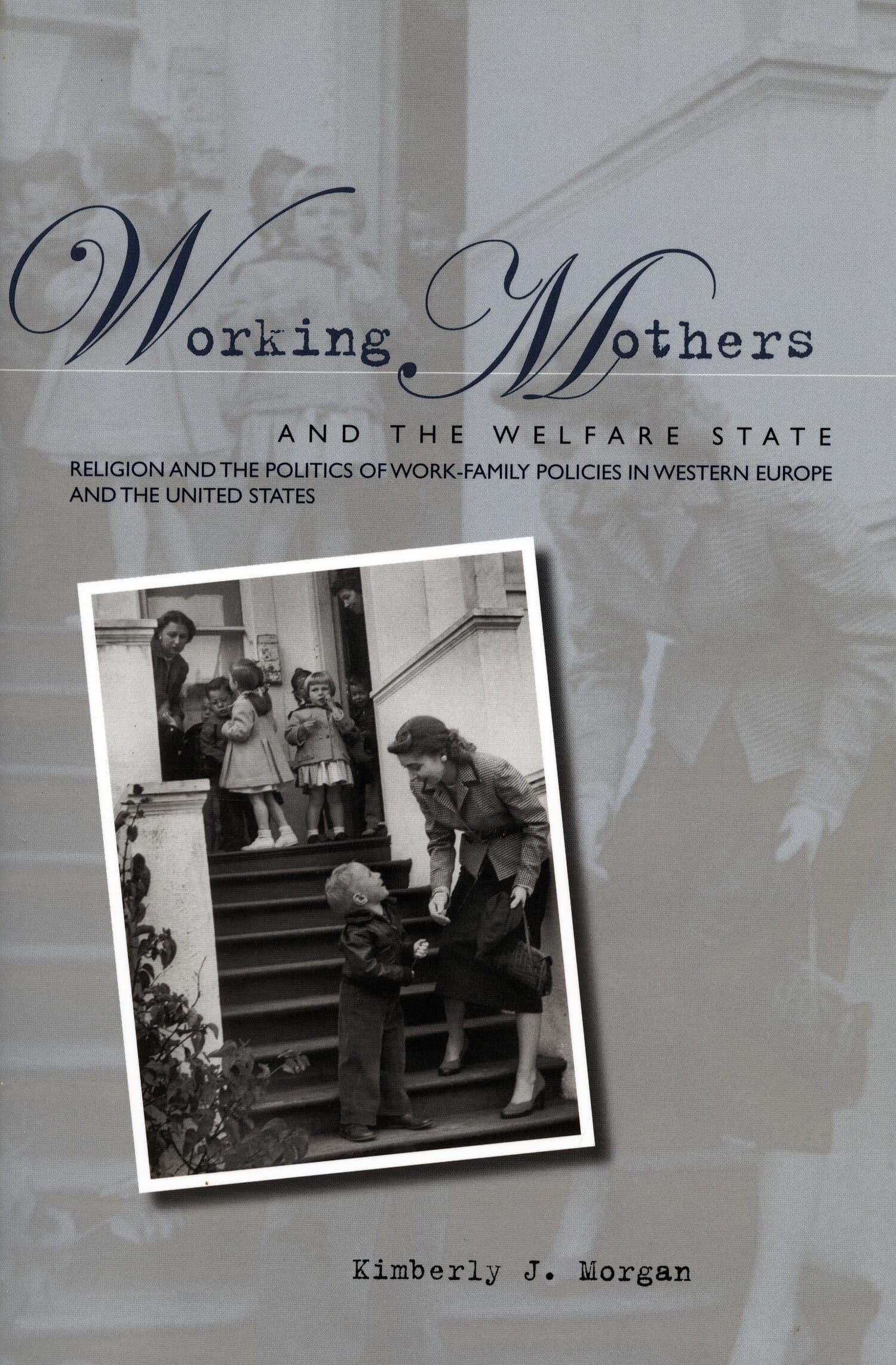Raising the Global Floor

News stories on the impact of job loss appear daily in the media. Less reported is that working conditions in many countries around the world have deteriorated as rapidly as jobs have been lost—and this affects ten times as many people. Working conditions significantly impact our health, the amount of time we can spend with family, our options during momentous life events (such as the birth of a child or the death of a parent), and whether we keep or lose a job when the unexpected occurs. Inexplicably, the global community has nearly universally accepted the argument that any country that guarantees a floor of decent working conditions will suffer higher unemployment and will be less competitive.
Raising the Global Floor shatters this widely held view by presenting the first ever, global analysis of the relationship between labor conditions, national competitiveness, and unemployment rates in 190 countries. The authors' findings are dramatic. They show that there is no relationship between unemployment rates and providing basic protections in a series of critical areas. Strikingly, data also indicate that good working conditions can make countries more competitive. There are no long-term economic gains to be had if workers are denied paid sick leave, paid annual leave, paid parental leave, the right to a day of rest, and many other basic protections that would improve the quality of their lives.
"How can we improve the daily conditions we all face at work and still live in countries that economically succeed? Heymann and Earle bring a decade of extraordinary research and exceptional insight to this critical question. Raising the Global Floor is a must read for anyone who cares about all our lives at work--the middle class and poor, at home and abroad."—Robert Reich, Professor of Public Policy, University of California, Berkeley, and Former U.S. Secretary of Labor
"Heymann and Earle train a critical eye on international labor standards and ask what kinds of reforms would make a difference in the lives of workers, their children, and their communities. The issues are compelling, the research rich and thoughtful. Essential reading for anyone concerned about workers' rights in the United States and around the world."—Katherine Newman, Director, Princeton Institute for International and Regional Studies
"This important new book comes at the perfect moment. There is a desperate need for change and openness to new solutions. Heymann and Earle's careful and expansive research comes to the radical conclusion that decent work is not just a right—it is possible. Everyone who seeks to make the most of this moment needs this book."—Karen Nussbaum, Executive Director, Working America
"This book provides an inspiring, accessible, and comprehensive guide to making the world a better place."—Nancy Folbre, MacArthur Award-winning Professor of Economics, University of Massachusetts
"A major contribution to the global human rights movement"—Ann Crittenden, author of The Price of Motherhood and former economics reporter for the New York Times
"This is an unprecedented study—an outstanding mix of government reports, surveys, and data comparing countries across the globe on key policies surrounding work, family and community. The authors demonstrate quite convincingly that governments can enact legislation on working conditions for all without hurting companies and countries economically. Their data show that, indeed, there is global consensus on certain labor practices, which alone makes this book required reading for policymakers and human resource personnel."—Rosanna Hertz, Professor of Sociology and Women's Studies, Wellesley College
"This is a well-written, thoroughly researched, compelling, and important book. Policy-makers, especially in the United States, should give it close attention."—Ron Saunders, Institute for Work & Health, Toronto
"Raising the Global Floor is among the most persuasive, eye-opening, and timely books I've ever read. Every employer, activist, and policy maker should read this remarkable book!"——John de Graaf, Executive Director, Take Back Your Time




